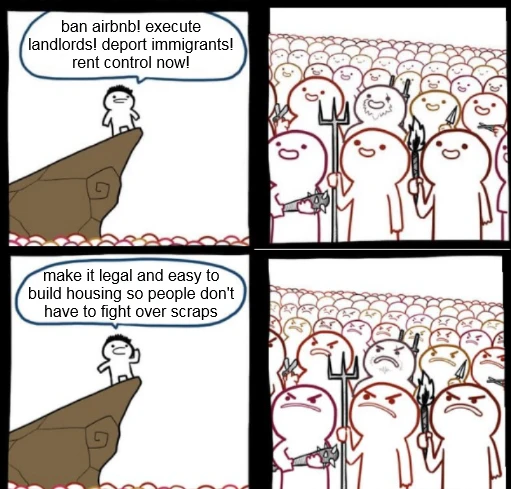Just today I saw this list of the largest tram networks in history: https://en.m.wikipedia.org/wiki/List_of_largest_tram_and_light_rail_transit_systems_ever
The largest existing one is Melbourne, at a little over 250 km of tramways. Los Angeles at its peak had over 1700 km of tramways.
Truly insane what we tore up. A crime against humanity.







Excellent point, brother. Always choose AMERICAN MUSCLE over COMMIE OIL.